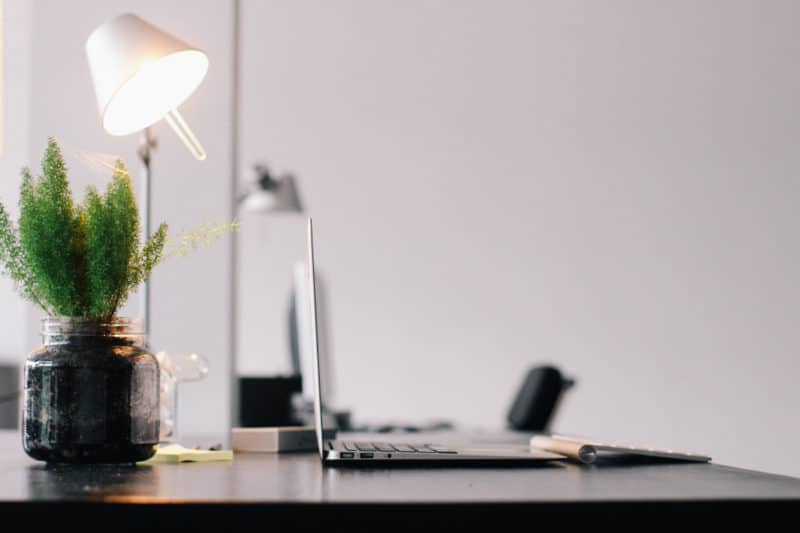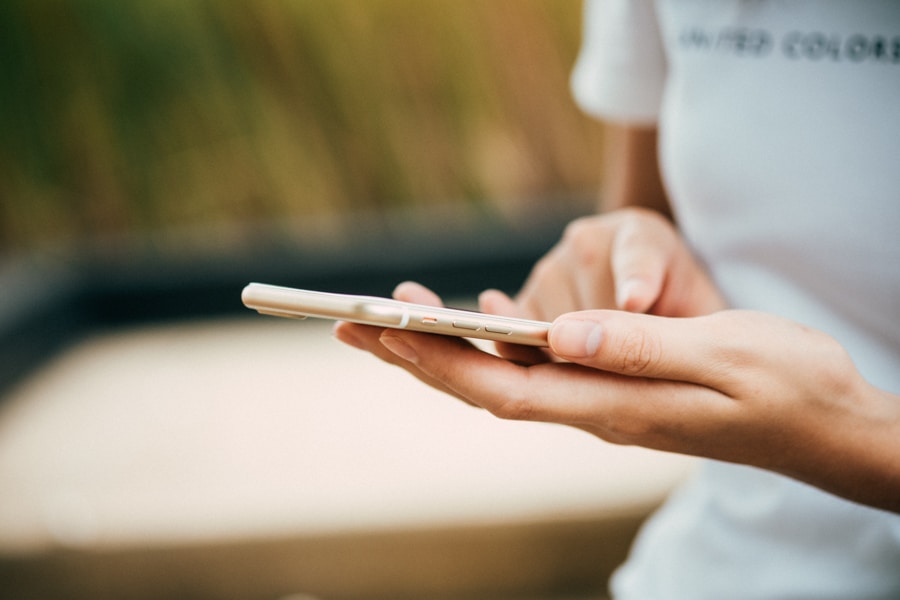The verdict is out. Most of us are addicted to the internet, and whoever can overcome excessive content consumption wins. Period.
I’ll be the first to admit that I’m hooked on content. It has been my downfall for many, many years now.
I’m still a reasonably productive human being when it comes to working. But outside of that, I’m pretty useless. I rate myself mediocre for managing personal relationships, cooking, cleaning, reading fiction books, writing and exercising.
I could be much better at all of these things, but my need for consuming an endless amount of content prevents me from reaching my potential.
It’s so easy to mindlessly consume videos on YouTube—or to scroll through your Facebook feed hoping to be entertained. Or it’s easier to read “50 articles on how you can be more productive”. It’s effortless to consume podcast after podcast after podcast.
If we were to log how much time we spend consuming content versus taking action, I have no doubt the results would be alarming.
I think most of us are falling into this trap. Focusing on activities that bring some level of discomfort is a lost art. Deep focus is what typically separates those who are successful in whatever they endeavour to those who go a mile wide and an inch deep.
So how does one beat content consumption a.k.a hardcore procrastination?
One strategy would be to isolate the consumption devices and attack them at their core.
Minimalist principles apply here. Out with the non-essential so you can focus on what’s truly important.
An obvious starting point is to audit your phone.
How to deal with content consumption on your phone
First, you need to differentiate between consumption apps and productive apps.
Consumption apps are probably where you currently spend the majority of your time.
Social media, YouTube, podcasting, and web browsers.
We can spend hours furiously swiping back and forth between these apps as they provide us with entertainment, education and inspiration.
I challenge you to think about what’s motivating you when you’re using these apps. Is it validation? Fear of missing out? Mindless consumerism?
I know that for me, it usually falls into a combination of the above.
Productive apps, on the other hand, help you to accomplish something.
Examples include journaling apps, task managers, emails, calendar, phone, messaging, camera.
These apps are a prime example of how technology can enrich our lives. Smartphones have enabled us to document and organise our lives like we haven’t been able to do before.
Phones at their core are just that, phones. Remember when we bought them so we could connect with others through voice calls or text messages?
I don’t know about you, but I don’t communicate with my friends and family one on one anywhere as much as I used to know that we have social media. To be honest, receiving a phone call has become somewhat of an inconvenience!
We’re so used to consuming content where we want when we want it, that we have compromised the power of one-on-one communication. Instead of “hearting” your best friends picture on Instagram, use your technology to send them a thoughtful audio message.
Instead of relying on a family group chat on WhatsApp, pick up the phone and call your brother or sister to see how they’ve been.
But I’m pretty sure you already know this.
A quick real-life story
One of my friends at work is an artist. I asked her if she felt that her content consumption impacted the development of her artwork. Initially, she pushed back, saying that she uses Pinterest and Instagram to get inspiration for her art.
Then as she talked through her thoughts, she realised that she would probably develop much faster as an artist if she focused on producing more artwork rather than consuming inspiration to do the work.
This is quite common. We’re humans, and we typically want to do things that feel productive with the least amount of resistance. In this instance, creating art is uncomfortable.
You’re challenged to think about what you want to draw, then proceed to fend off all of the distractions on your phone, tablet and computer once you finally start drawing.
But we all know that people who excel in their fields are consistently doing the uncomfortable work. Michael Jordan never waited to be inspired before getting into the gym to work on his basketball game. He did it because he was committed to doing the work.
Michael Jordan became comfortable with being uncomfortable.
So you know where the breakdown is in your productivity, the next step is determining how you want to manage it moving forward.
One simple tip to find balance with your content consumption
One option would be to move all of your consumption apps into a folder on your device where it will be harder to access.
A more extreme strategy would be to remove the apps from your device altogether. This strategy is more aggressive but will yield the best results.
I’ve personally been experimenting with this method for the last couple of days, and I must tell you, it works like a charm. It’s strange not being able to access social media at your fingertips, but you find yourself spending your time more productively.
It doesn’t mean that you cannot have fun on your phone anymore. It just means you can focus on enjoying the simpler things technology has to offer.
Look at an iPhone for example.
Out of the box you get apps like FaceTime, Messages, Music, Calendar, Mail, Pages, Numbers, Keynote, iMovie, Reminders, GarageBand, Contacts, Safari, Notes and much more.
All of the apps are either focused on productivity, connecting with people or creating things. It’s not until you add the likes of Snapchat, Facebook, Instagram, Medium and YouTube, that you start losing a ton of time.
So you have a couple of choices.
One—try to use your willpower to fight the urge to consume content—a battle that you’re likely to lose.
Or.
Two—take the plunge and give yourself an app detox. It’s totally worth it.
Even if it’s just temporary. Your brain could probably do with a holiday from the anxiety of “missing something”.






Thank you for the article. You remind me of the obstacles to think about my content consumption habit. Finding our sweet spot takes some mindfulness and tracking down why we do thingsn and just choose a system. Imma layout the plan in accordance with my adhd and emotional behaviors as even social media and reading articles feed my ego but is not fixing deep problems.
Thanks, Joseline. It’s an ongoing challenge, isn’t it? There’s so much stimulation available at our fingertips. You have great self-awareness, which will serve you well.
Nice article. Totally agree Michael, we’re all wasting so much time in the down swirl of social media thinking we’re just doing research for our creative minds 😉 Every now and then I take the Social Media Apps off my phone and gosh I so much enjoy these time. That’s when you realise, how much time you looked at your phone instead of observing the world around you or connecting with people AROUND you – even if it’s just a smile… As I use these tools for work too I cannot have them un-installed all the time but every now and then it’s a really nice thing. The main change I’ve done was taking these Apps off my main screen – as you suggested I hid the apps some clicks away 😉
And still sometimes there is this tiny voice of missing out…
Thanks Kris. I can totally connect with what you’re saying. It’s tough when you run a business, especially on the internet! Having said that, I’ve found that social marketing activities can wait until I get to a computer, and even then, I’d still be more productive without them. It’s a fine balance.
You are so right! You have inspired me to sign off and get in my sewing room and enjoy creating quilting projects. Thank you for your insightful and informative Sunday Mornings.
You’re welcome Kathleen! Enjoy the extra bit in space in life to create and explore. And thank you for your kind words.